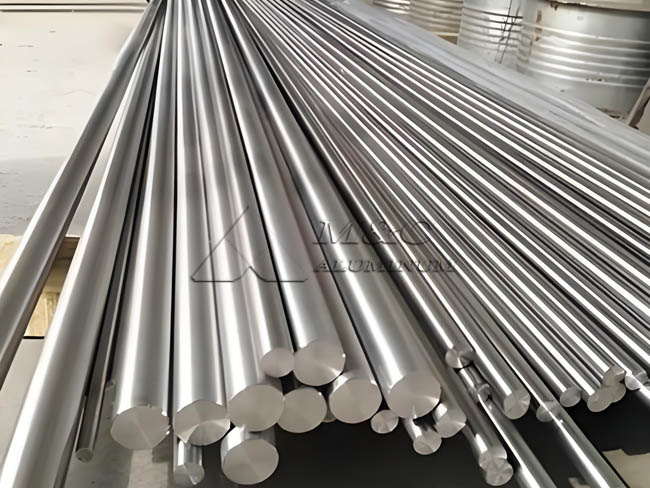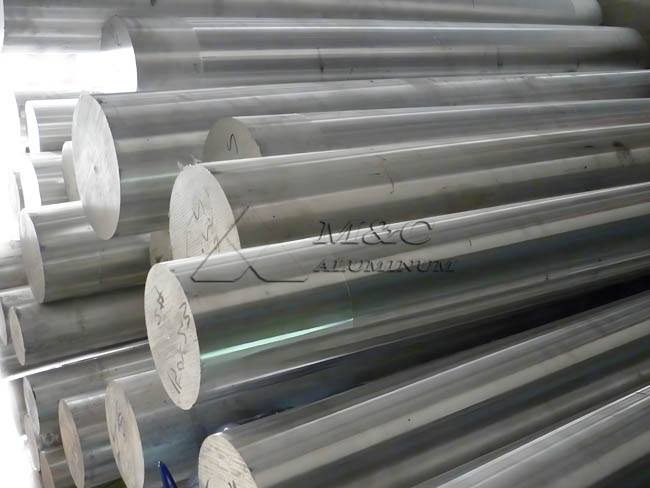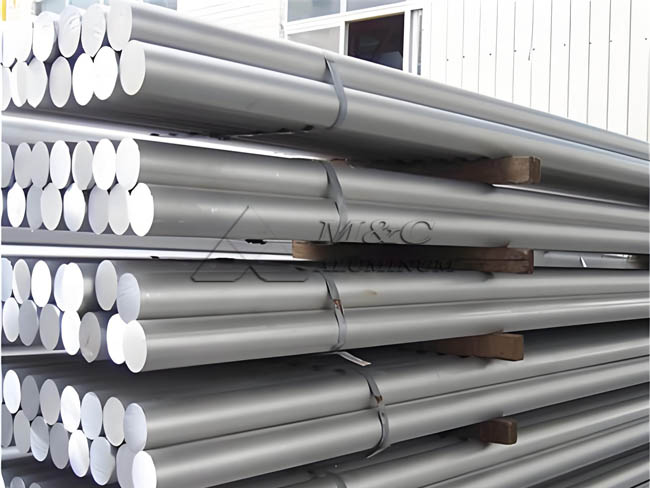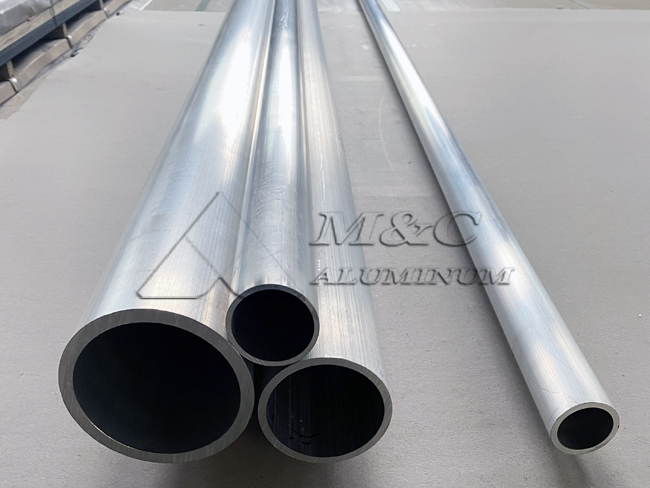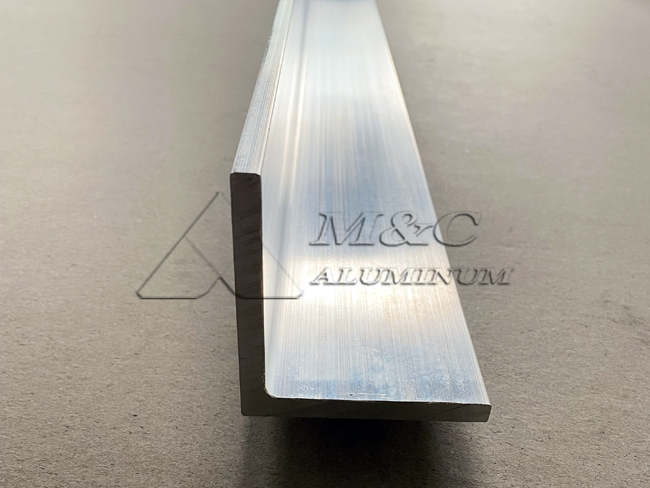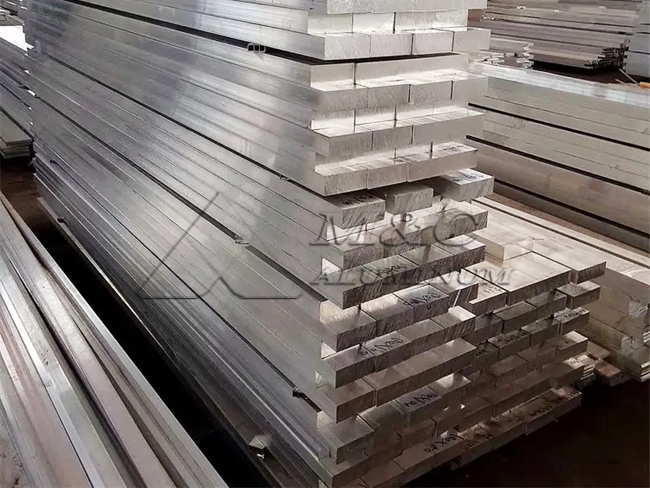Aluminum round bars are cylindrical metal rods primarily made of aluminum, manufactured through extrusion, drawing, and other processes. They are widely used in shipbuilding, industrial manufacturing, construction, and machinery. Based on material composition, aluminum round bars can be categorized into pure aluminum bars and aluminum alloy bars. Among them, aluminum alloy bars (such as 2xxx, 5xxx, 6xxx, and 7xxx series) are more commonly used in industrial applications due to their superior mechanical properties and weather resistance.
Marine-Grade Aluminum Round Bar
Marine aluminum bars are widely used in shipbuilding and marine engineering. Due to their excellent corrosion resistance, high specific strength, superior weldability, and good machinability, they serve as essential materials for ship structures and components.
Marine aluminum
Commonly Used Alloys
Marine aluminum alloy bars mainly use 5xxx and 6xxx series aluminum alloys, with the most common grades including 5083, 5052, 5754, 5454, 5456, 6061, 6063, and 6082.
5083 Aluminum Alloy: High magnesium content provides exceptional corrosion resistance and good strength, making it ideal for high-strength welded structures such as ship hulls, decks, and marine engineering applications.
5052 Aluminum Alloy: Known for its medium strength and excellent corrosion resistance, it is suitable for ship structures, fuel tanks, and seawater pipelines.
5454 Aluminum Alloy: Offers excellent corrosion resistance, particularly in marine environments, making it suitable for pressure vessels, storage tanks, and other ship components.
5456 Aluminum Alloy: Stronger than 5083 and 5454 while maintaining good corrosion resistance, it is used in high-strength ship structures such as hull frames and load-bearing parts.
5754 Aluminum Alloy: High strength and strong corrosion resistance, widely used in ship decks, railings, and other structural components.
6061 Aluminum Alloy: An Al-Mg-Si alloy with high strength and excellent corrosion resistance, suitable for high-stress structural components such as ship keels, decks, and framework structures.
6063 Aluminum Alloy: Primarily used in components requiring high corrosion resistance and machinability, such as ship railings, handrails, and decorative structures.
6082 Aluminum Alloy: High strength and good corrosion resistance, mainly used for high-load structural components such as ship decks, frames, and bulkheads.
Specifications
Marine-Grade Aluminum Bar Specifications
| Alloys | 5083, 5052, 5754, 5454, 5456, 6061, 6063, 6082 |
| Tempers | O, H112, H116, H32, T4, T6, etc. |
| Diameter Range | Φ10mm - Φ500mm |
| Length | 3000mm, 6000mm (customizable) |
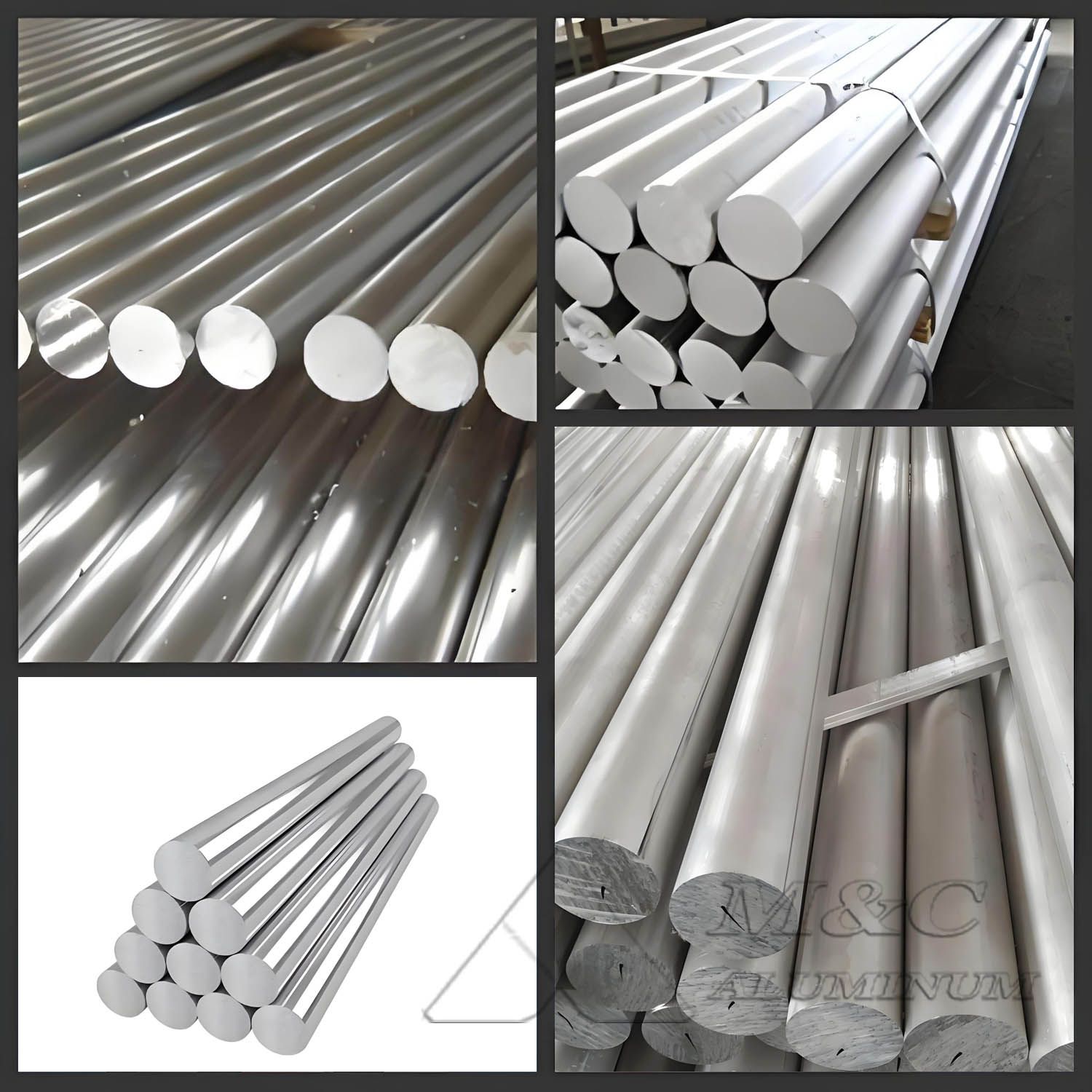
Features
Advantages of Marine Aluminum Bars
1.Excellent Corrosion Resistance
Marine aluminum alloys, especially 5xxx series, perform exceptionally well in seawater, effectively resisting salt spray, humidity, and acidic or alkaline environments.
2.Lightweight Design
The density of aluminum alloys is approximately 2.7 g/cm³, only one-third that of steel, significantly reducing the weight of ships and improving fuel efficiency.
3.Superior Weldability
Alloys such as 5083 and 5052 offer outstanding weldability, making them suitable for manufacturing complex ship structures.
4.High Strength and Excellent Mechanical Properties
Alloys like 6061 and 6082 maintain high strength while ensuring lightweight performance and durability.
5.Recyclability and Environmental Benefits
Aluminum alloys are 100% recyclable, aligning with sustainable manufacturing trends, reducing production costs, and minimizing environmental impact.
Applications
Typical Applications of Marine-Grade Aluminum Bars
Ship Structures: Used for keels, decks, bulkheads, railings, and other load-bearing components.
Ship Components: Such as ladders, handrails, hatches, ventilation ducts, etc.
Marine Platforms: Including floating docks, offshore oil drilling platforms, offshore wind power equipment, etc.
Propulsion Systems: Such as propeller bearing seats, propulsion supports, etc.
Ship Piping Systems: Including seawater desalination equipment, water supply systems, drainage pipes, etc.
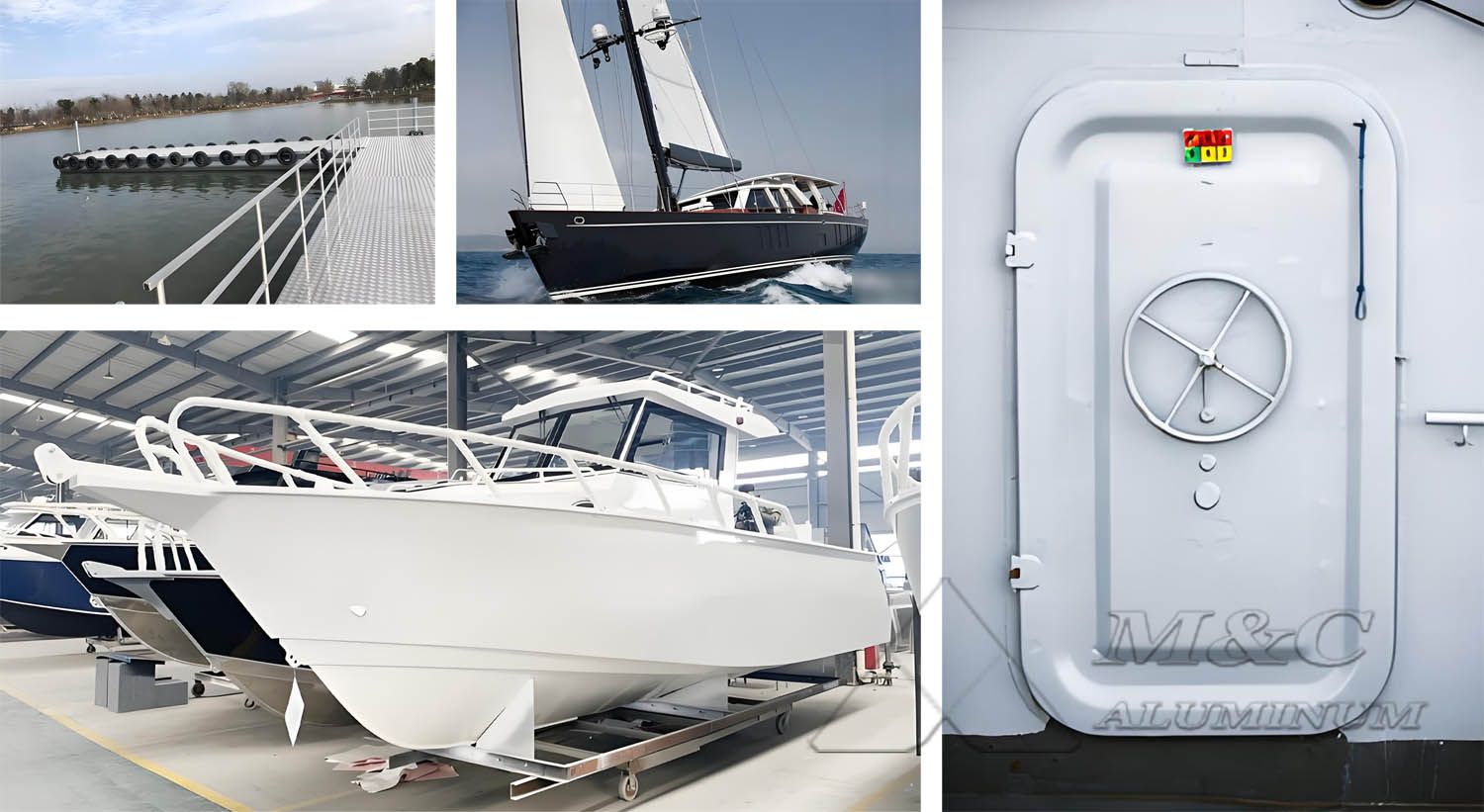
Process
Production Process of Marine Extruded Aluminum Round Bars
1.Melting & Casting
High-quality aluminum ingots are used, with alloying elements (such as Mg, Si, Mn) added.
The mixture is melted, refined, and cast into uniform ingots.
2.Homogenization Treatment
Heat treatment is performed to eliminate segregation in the casting process, improving alloy uniformity.
3.Extrusion Forming
Under high temperature and pressure, the material is processed through an extrusion press into the required aluminum bar specifications.
4.Heat Treatment
Post-extrusion aluminum bars undergo T4, T6, and other heat treatments to enhance mechanical properties.
5.Surface Treatment
Methods such as anodizing, sandblasting, and coating are applied to improve corrosion resistance and aesthetics.
6.Quality Inspection
Testing includes tensile tests, hardness tests, ultrasonic flaw detection, and more to ensure compliance with shipbuilding standards.

